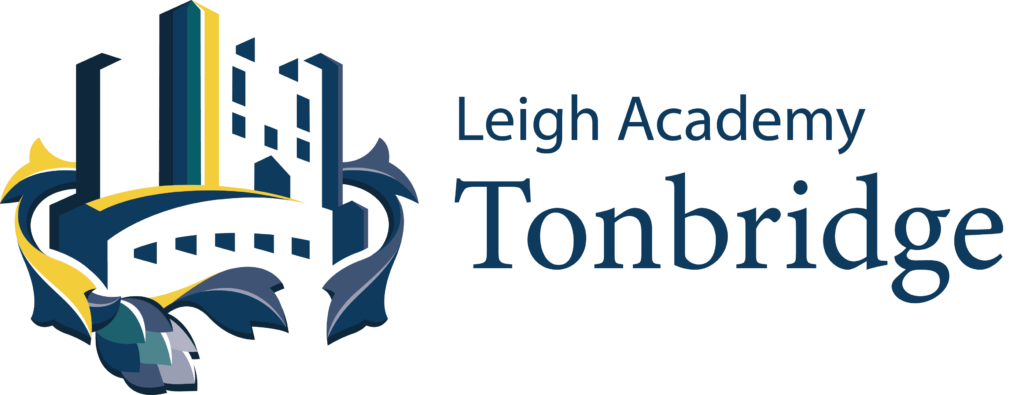- Modules 1-3: Getting into Drama.
In this unit we will be teaching students new Drama Skills, giving them the rudimentary tools into Drama. There will be a focus on Physical Theatre. Students will research and present on Physical theatre, its origins, background and leading practitioners. Students will then be given a piece of Physical theatre to appraise. They then will be given a stimulus from which to plan and prepare their own piece of physical theatre. - Module 4: Refugees
This module helps students to look at what it means to be a refugee from a different perspective. They will be researching conventions to do with script work. They will again evaluate a theatre script based on Refugees. This time they will prepare a scene from a play. And evaluate.
MUSIC & PERFORMING ARTS
Music at Leigh Academy Tonbridge will focus on many different types of world music, including music theory knowledge and understanding of specific instruments with a high proportion of the lessons being based on practical activities.
Drama is an essential tool for preparing students to live and work in a world that is increasingly team focussed rather than hierarchical.


